Here is the code:
struct Payment
{
Payment(time_t time, float money) : mTime(time), mMoney(money) {}
bool operator==(const Payment& p) const // exact comparison
{
return mTime == p.mTime && mMoney == p.mMoney;
}
time_t mTime;
float mMoney;
};
std::vector<Payment> payments;
auto sortP = [](const Payment& p1, const Payment& p2) { return p1.mTime < p2.mTime || p1.mMoney <= p2.mMoney; };
std::sort(payments.begin(), payments.end(), sortP);
std::sort (not always, but sometimes, when mTime of two elements close to each other) raises invalid comparator assert in Visual Studio 2015. What's wrong with the code?
